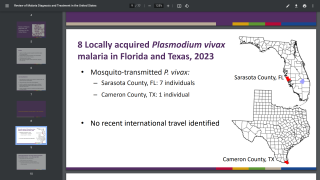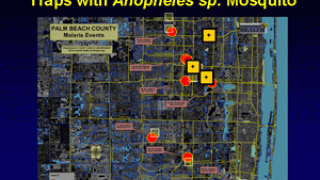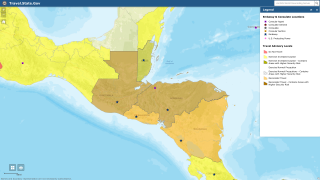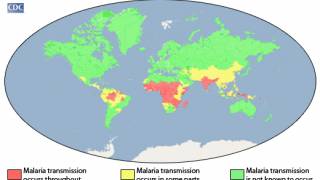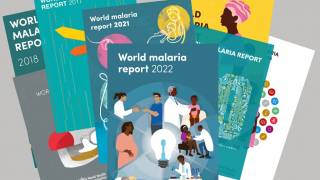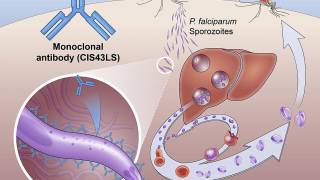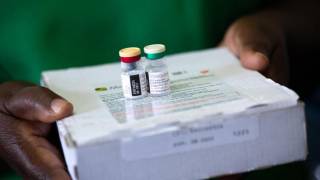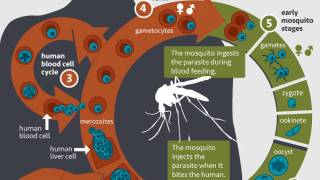Malaria Vaccine Target Protein Identified
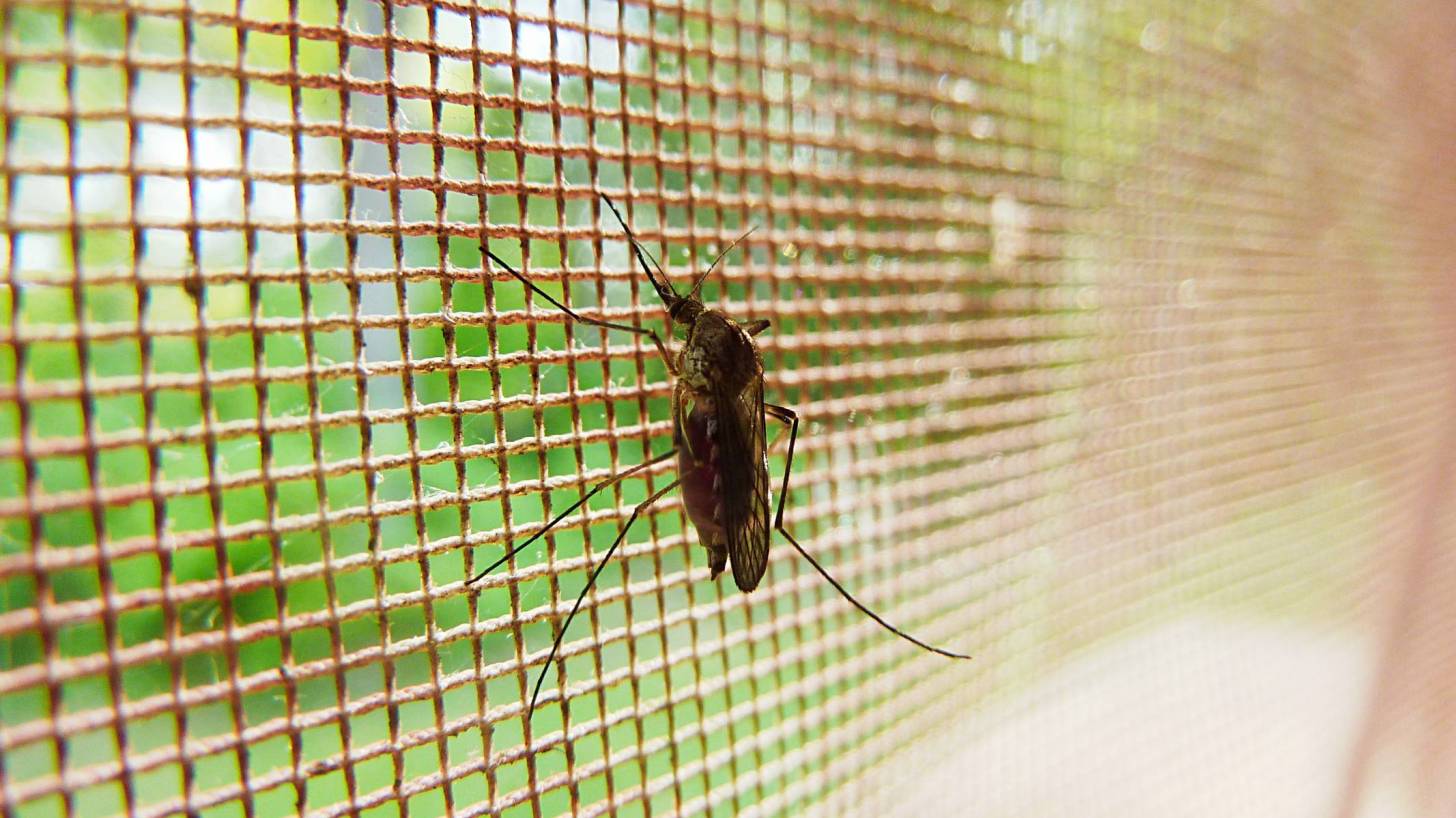
Researchers from the University of Oxford and elsewhere have identified the human antibodies that prevent the malaria parasite from entering blood cells.
Until now, it was not clearly understood which specific antibodies could be generated by vaccination of a human and effectively prevent a protein called Plasmodium falciparum reticulocyte-binding protein homolog 5 (PfRH5) from binding to red blood cells.
This innovative research published on June 13, 2019, may be key to creating a highly effective malaria vaccination.
Scientists have yet been unsuccessful at creating a vaccine that works against the malaria parasite in the blood.
"Following an infectious mosquito bite, the malaria parasite goes first to the human liver and then moves into the blood. Here it replicates ten-fold every 48 hours inside red blood cells - it is this blood-stage of the infection that leads to illness and can be fatal," explained study author Simon Draper, Professor of Vaccinology and Translational Medicine at the Nuffield Department of Medicine, University of Oxford.
"The malaria parasite protein RH5 must bind to a human protein on red blood cells called basigin in order to infect them,” said Professor in a press release.
“We were able to demonstrate which human antibodies effectively block RH5 from binding with basigin, thus preventing the parasite from spreading through the blood."
The study was done as part of a clinical trial in Oxford of the first vaccine that targets the RH5 malaria protein.
"When someone is vaccinated, they make many different types of antibodies against the same RH5 target," explains co-author and researcher Dr. Daniel Alanine.
"This study is key to understanding which specific antibodies are actually effective against malaria, and which are not."
Another key finding of the study is the identification of an exciting new antibody, which works by slowing down the speed in which RH5 binds to red blood cells.
"The parasite can still invade, but this antibody slows down the invasion," says study co-author Matthew Higgins, Professor of Molecular Parasitology at the Department of Biochemistry, University of Oxford.
"This gives the antibodies that do block RH5 more time to act, helping them become more effective.
There remains an urgent need to develop an effective malaria vaccine.
Despite the increasing use of bed nets, insecticides and drugs in malaria-endemic regions, malaria still kills approximately 430,000 people each year, says the World Health Organization.
Recent malaria vaccine news:
- Argentina Now Malaria-Free
- Mosquirix Malaria Vaccine Effectiveness Measured By Antibody Quantity and Quality
- Can Malaria Vaccine Mosquirix Save More Children?
"We know the key to stopping malaria is a strong immune response, and so every antibody counts," says Professor Draper.
"What we must do next is use these findings to develop an improved RH5 vaccine that induces more of the effective antibodies and less of the non-effective ones - this will ultimately make a better vaccine, and hopefully lead to an effective means of preventing malaria."
This study’s results provide a roadmap for structure-guided vaccine development to maximize antibody efficacy against blood-stage malaria.
Our Trust Standards: Medical Advisory Committee








